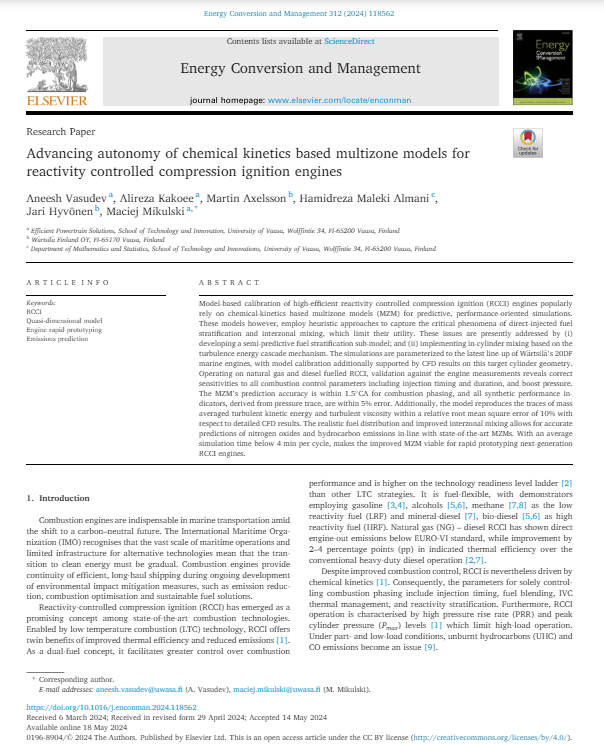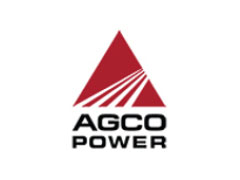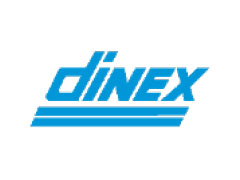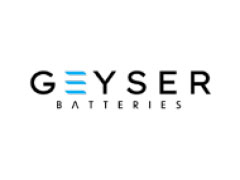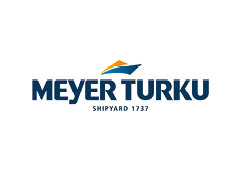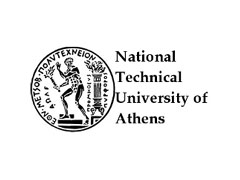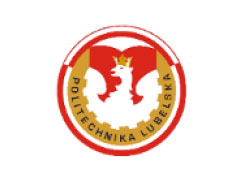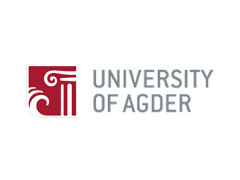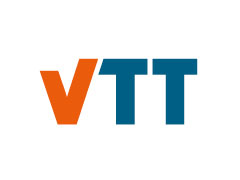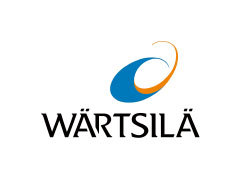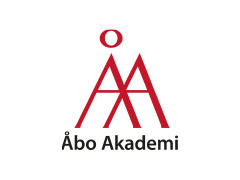Model-based calibration of high-efficient reactivity controlled compression ignition (RCCI) engines popularly rely on chemical-kinetics based multizone models (MZM) for predictive, performance-oriented simulations. These models however, employ heuristic approaches to capture the critical phenomena of direct-injected fuel stratification and interzonal mixing, which limit their utility. These issues are presently addressed by (i) developing a semi-predictive fuel stratification sub-model; and (ii) implementing in-cylinder mixing based on the turbulence energy cascade mechanism. The simulations are parameterized to the latest line-up of Wärtsilä’s 20DF marine engines, with model calibration additionally supported by CFD results on this target cylinder geometry. Operating on natural gas and diesel fuelled RCCI, validation against the engine measurements reveals correct sensitivities to all combustion control parameters including injection timing and duration, and boost pressure. The MZM’s prediction accuracy is within 1.5°CA for combustion phasing, and all synthetic performance indicators, derived from pressure trace, are within 5% error. Additionally, the model reproduces the traces of mass averaged turbulent kinetic energy and turbulent viscosity within a relative root mean square error of 10% with respect to detailed CFD results. The realistic fuel distribution and improved interzonal mixing allows for accurate predictions of nitrogen oxides and hydrocarbon emissions in-line with state-of-the-art MZMs. With an average simulation time below 4 min per cycle, makes the improved MZM viable for rapid prototyping next-generation RCCI engines.
